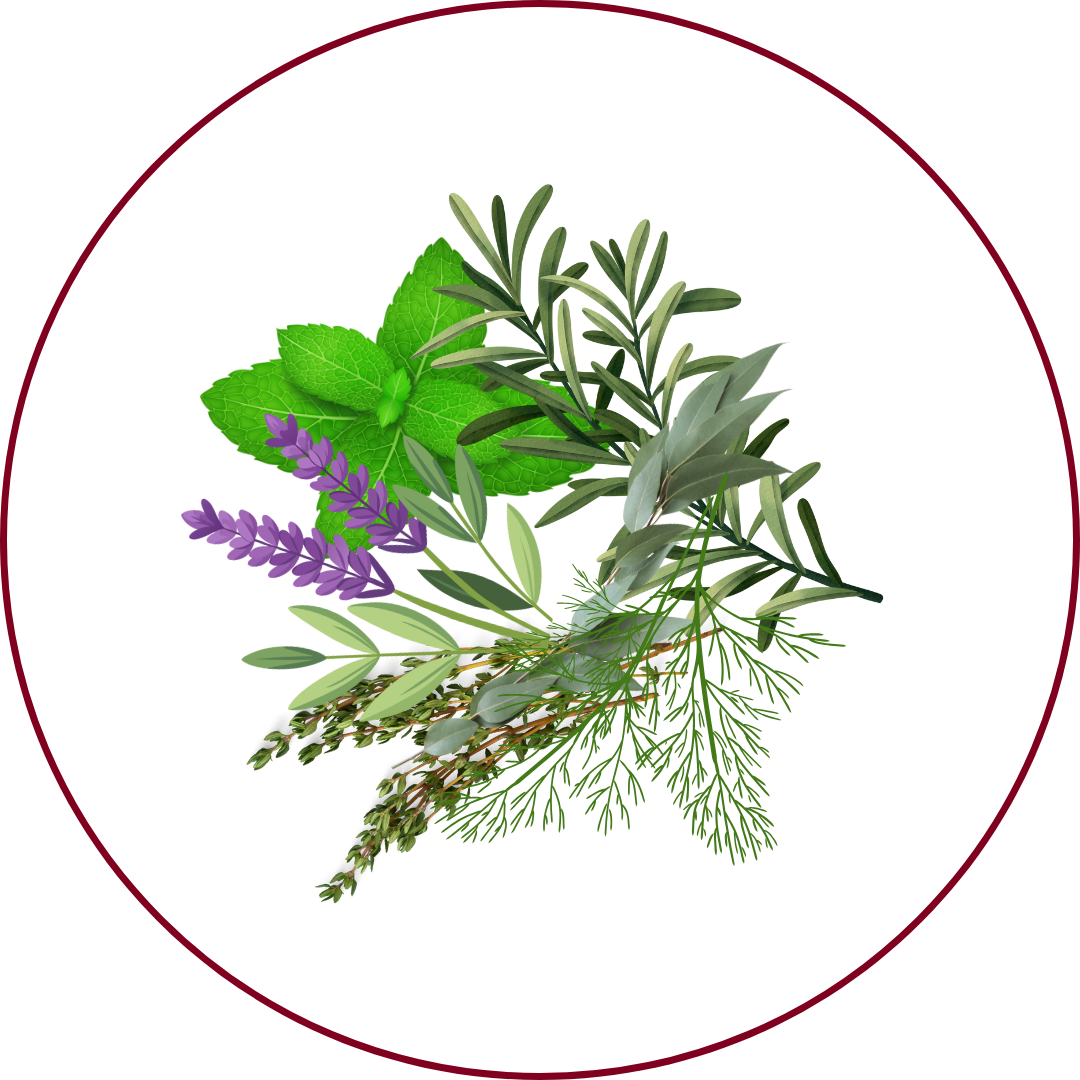Grape Variety
Jerez
"heh-REZ (pah-loh-MEE-noh FEE-noh)"
Wine Styles
 Sparkling
Sparkling Light White
Light White Full White
Full White Aromatic
Aromatic Rosé
Rosé Light Red
Light Red Medium Red
Medium Red Full Red
Full Red Dessert
DessertAbout Jerez
Origin
Andalusia, Spain
History
Palomino Fino, often associated with the Jerez region, is the backbone of Sherry production. The grape is perfectly adapted to the albariza soils of Jerez, which retain moisture and reflect sunlight to aid ripening. The Jerez region has been producing wine since ancient times, with Sherry becoming globally renowned during Moorish and Spanish rule. Palomino is integral to the solera aging system, producing dry styles like Fino and Manzanilla and richer styles like Amontillado and Oloroso.
Appearance
Medium-sized clusters of pale green grapes.
Growing Traits
Palomino Fino is a high-yielding variety that thrives in the chalky albariza soils of the Jerez region. It is resistant to drought and suited to the warm Andalusian climate. The grape oxidizes quickly, making it ideal for Sherry's solera aging system.
Wine Characteristics
Body
2/5
Sweetness
1/5
Tannin
0/5
Acidity
3/5
Alcohol
3/5
Light to medium-bodied with a delicate structure, offering subtle flavors and a smooth mouthfeel. Typically dry, especially in styles like Fino and Manzanilla, highlighting its crisp character. Negligible tannins, as it is a white grape variety, resulting in a clean finish. Moderate acidity, contributing to its freshness and making it food-friendly. Moderate to high alcohol content, generally ranging between 15% and 18% in fortified wines, providing a balanced profile.
Taste Profile

Almond

Green Apple

Saline

Yeast

Herbal
Jerez wines are defined by their delicate aromas of almonds, green apples, and a distinctive saline quality. On the palate, they are dry with subtle yeast and herbal notes, especially in biologically aged styles. The finish is typically crisp and refreshing.
Food Pairing
Jerez wines, particularly Fino and Manzanilla, pair well with seafood, shellfish, olives, and cured meats. They also complement light cheeses, fried foods, and Andalusian tapas, enhancing the dining experience with their crisp and refreshing nature.
Growing Regions

Spain
JerezSanlúcar de BarramedaEl Puerto de Santa María
Notable Wines & Producers
Tío Pepe Fino
González Byass
La Gitana Manzanilla
Bodegas Hidalgo
Amontillado NPU
Bodegas Sánchez Romate
Jerez FAQ
Common questions about this grape variety
What is the origin of Jerez?
+
Andalusia, Spain
Is Jerez wine full bodied?
+
Jerez has a body level of 2 out of 5. Which means that Jerez is Moderate to Light bodied.
Is Jerez wine dry or sweet?
+
Jerez has a dryness level of 1 out of 5. Which means that Jerez is Dry.
Where is Jerez wine from?
+
Andalusia, Spain
Where is Jerez grown?
+
Jerez is grown in Spain (Jerez, Sanlúcar de Barrameda, El Puerto de Santa María).
What is Jerez like?
+
Jerez wines are defined by their delicate aromas of almonds, green apples, and a distinctive saline quality. On the palate, they are dry with subtle yeast and herbal notes, especially in biologically aged styles. The finish is typically crisp and refreshing.
What does Jerez pair with?
+
Jerez wines, particularly Fino and Manzanilla, pair well with seafood, shellfish, olives, and cured meats. They also complement light cheeses, fried foods, and Andalusian tapas, enhancing the dining experience with their crisp and refreshing nature.
What does Jerez taste like?
+
Jerez wines are defined by their delicate aromas of almonds, green apples, and a distinctive saline quality. On the palate, they are dry with subtle yeast and herbal notes, especially in biologically aged styles. The finish is typically crisp and refreshing.
Take Jerez Knowledge with You
Access detailed grape profiles, tasting notes, and pairing suggestions on your iPhone.
Download on theApp Store